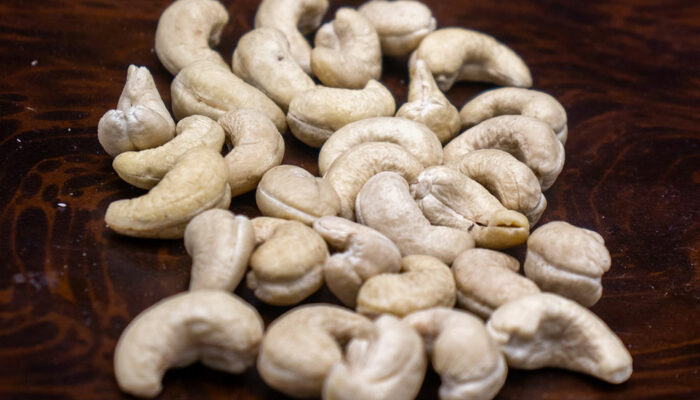
Tips to Manage the Symptoms of Overactive Bladder
Overactive bladder is an underlying symptom of the urinary tract that makes it hard for people to contain their urine. The symptom makes traveling, attending social get-togethers, sleeping peacefully, problematic as people need to visit the bathroom multiple times in a day. Managing overactive bladder is, however, not impossible and requires following certain tips and tricks to improve the condition and achieve a normal life.
These are some of the simple ways of managing overactive bladder
Making changes in the lifestyle
Keeping a track of the kind of food and drinks you are consuming in a day is the key to managing overactive bladder, as adopting and avoiding certain foods as part of the diet can lead to better management of symptoms. Furthermore, tracking also helps people in analyzing what works best for their body and what makes their situation worse.
Keep a check on your weight
Being overweight is a major hindrance in managing overactive bladder as excess weight increases the pressure along the pelvic floor. Regular exercises can help in dealing with the problem better. It will also strengthen the muscles which are responsible to control urination.
Avoid smoking
Indulging in regular smoking aggravates the condition, so consider quitting smoking altogether. It can be helpful in treating the condition.
Guided bladder training
This type of training is undertaken with the help of a medical professional wherein the patient is conditioned to hold their urine, initially for a few minutes, and then for hours. You need to have a lot of patience to undertake this training.
Reduce fluid intake at night
An overactive bladder sometimes leads to poor sleep at night, causing irritability and other health issues. To overcome the issue, people can also lower the consumption of fluid at night, so that the bladder stays empty by the time you hit the bed, and there is reduction in the number of visits to the bathroom.
Schedule visits to the bathroom
Patients suffering from an overactive bladder can also maintain a diary and try visiting the bathroom only at the scheduled time. This helps the patient gain better control of their situation and avoid embarrassing situations.
Avoid constipation
Regular bowel movement is good for managing overactive bladder. A clean bowel puts less of pressure on the bladder. To prevent constipation, patients should include fiber-rich food in their diet and exercise on a regular basis.
Get rid of caffeinated beverages
The daily intake of caffeinated drinks like tea, coffee, and other soft drinks increases the activity of the bladder that leads to elevated incontinence. Lowering the intake of these drinks or completely removing it from the diet aids in improving symptoms and providing better control over the problem.
Following these simple drills can prove extremely helpful in managing overactive bladder symptoms.



